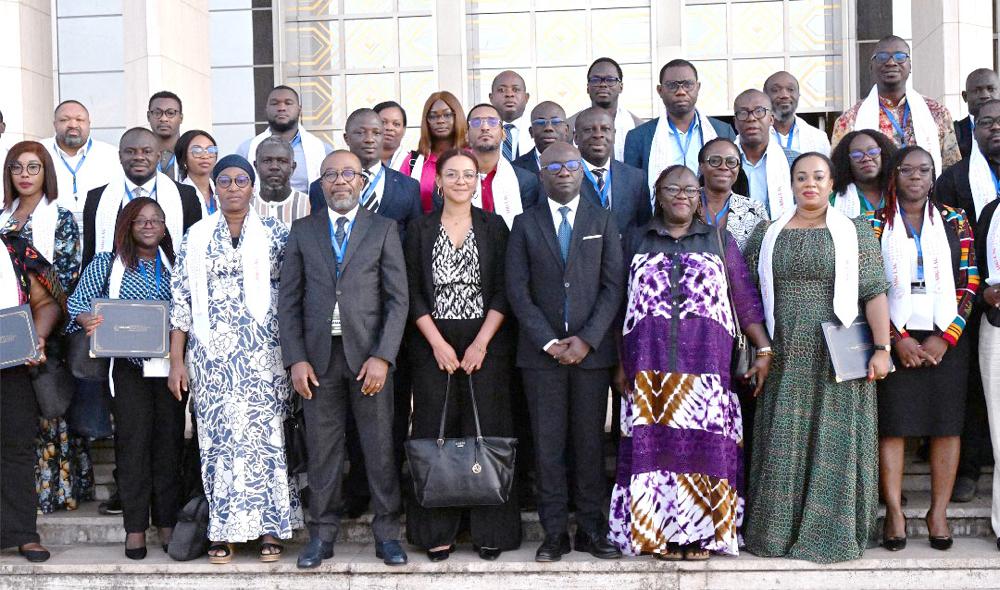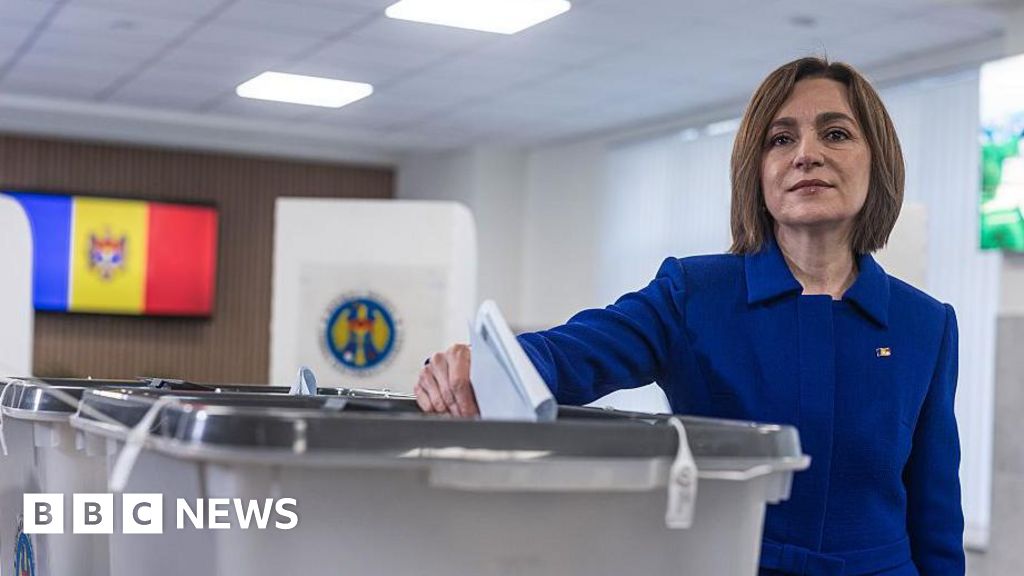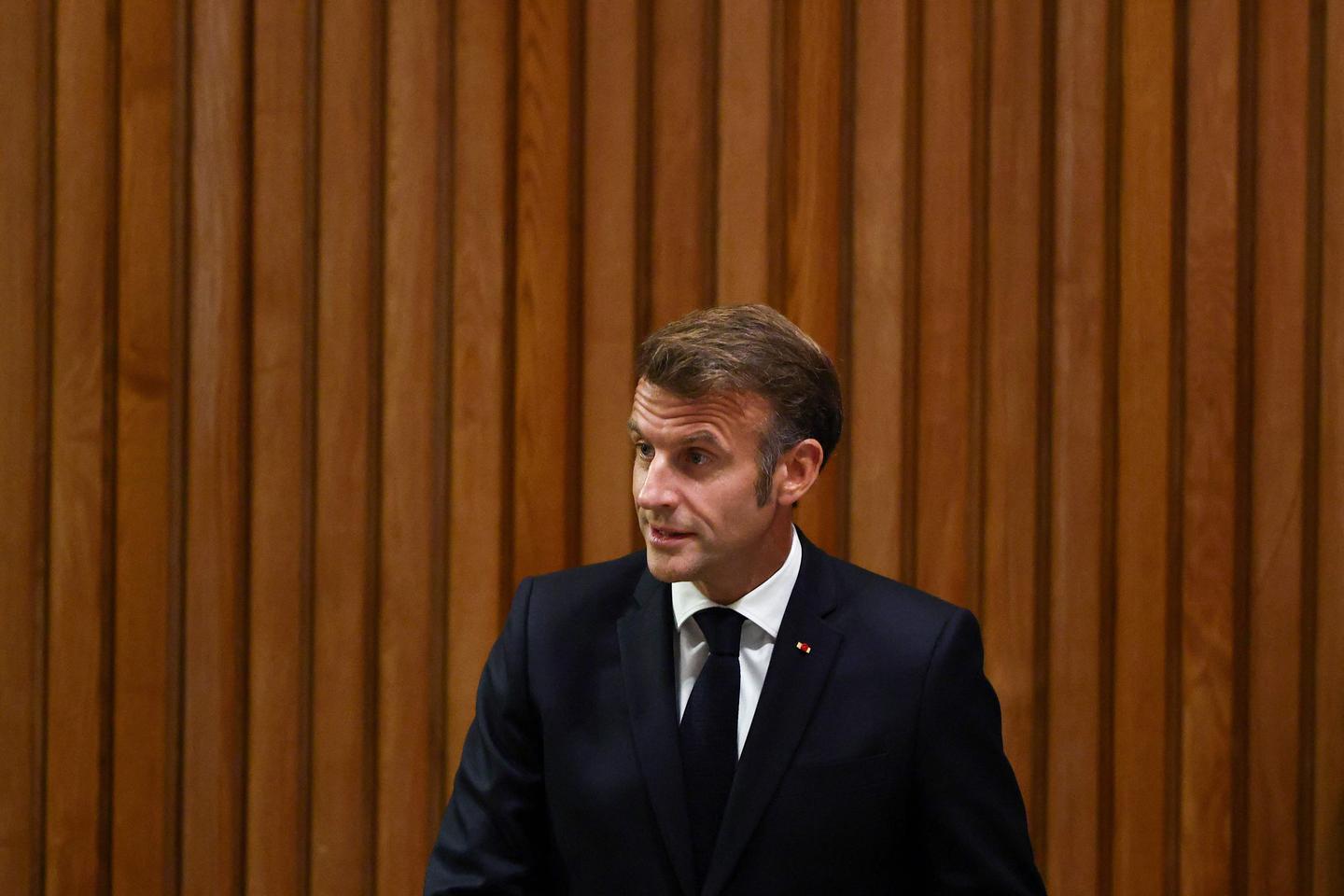Senior European Union officials visiting Ukraine have delivered a clear message to Kyiv: the road to EU membership remains long and demanding. While Brussels seeks to overcome Hungary’s opposition to advancing Ukraine’s accession talks, the EU is also urging Kyiv to accelerate reforms in key sectors, including rule of law, anti-corruption, and governance.
Ukraine needs the unanimous approval of all 27 EU member states to progress in its membership bid, but Budapest has blocked the move, citing concerns over the language rights of ethnic Hungarians in Ukraine’s western regions.
Why It Matters
EU membership has become a symbol of hope and sovereignty for Ukrainians, especially amid Russia’s ongoing invasion. Since independence from the Soviet Union more than three decades ago, and particularly after the 2014 pro-democracy revolution, joining the EU has represented Kyiv’s clearest path toward stability and prosperity.
However, Kyiv’s recent attempts to tighten control over anti-corruption institutions have raised alarm in Brussels, testing European trust in Ukraine’s reform agenda. As the EU Enlargement Commissioner Marta Kos warned, “The EU cannot accept a new member state which is really not 100 percent following the rule of law.”
Key Issues and Challenges
Ukraine’s path to the EU hinges on a complex balance advancing wartime reforms while maintaining institutional independence. The July 22 incident, when Kyiv briefly placed its anti-corruption agencies under the prosecutor general’s control, exposed these tensions. Although the move was reversed after domestic protests, it damaged confidence among European partners.
Another major hurdle is Hungary’s political resistance. Prime Minister Viktor Orbán has frequently used EU unanimity rules to stall decisions involving Ukraine, from financial aid to membership progress. Nonetheless, several European leaders including Denmark’s Prime Minister Mette Frederiksen have signaled a willingness to bypass Budapest if necessary, reflecting growing frustration within the bloc.
Stakeholders
The main actors in this process include the European Commission, which oversees accession progress; Hungary’s government, acting as the primary political obstacle; and Ukraine’s reform institutions, which are tasked with meeting EU legal and governance benchmarks. On the diplomatic front, Denmark, Poland, and the Baltic states have emerged as strong supporters of Ukraine’s membership bid. Within Ukraine, figures such as Deputy Prime Minister Taras Kachka continue to push for pragmatic reform to maintain momentum.
Implications
The EU’s message is clear: Ukraine’s entry will depend on tangible, verifiable reforms, not political goodwill. The process could reshape both Ukraine’s internal structures and the EU’s enlargement strategy particularly how to handle candidate states at war. If Hungary’s obstruction persists, the EU may need to rethink unanimity rules or develop parallel integration frameworks that allow progress without full membership.
Domestically, successful accession would help lock Ukraine into Western institutions, strengthening its democratic and economic resilience against Russian influence. Failure, however, could fuel disillusionment among Ukrainians and embolden Moscow’s narrative that Western promises are hollow.
Analysis
Ukraine’s EU bid captures the heart of Europe’s current dilemma: reconciling its values of solidarity with its institutional caution. The country’s resilience and reform efforts amid war are remarkable, yet the EU’s credibility will hinge on how fairly and consistently it applies its own rules.
Hungary’s obstructionism exposes the fragility of the bloc’s consensus model, while Ukraine’s internal struggles underscore the challenge of reforming under fire. For both sides, the path to integration will test not only bureaucracy but political will and trust.
With information from Reuters.
[SRC] https://moderndiplomacy.eu/2025/10/06/ukraines-path-to-eu-membership-faces-tough-test-with-or-without-hungarys-objections/
 Visit the website
Visit the website







